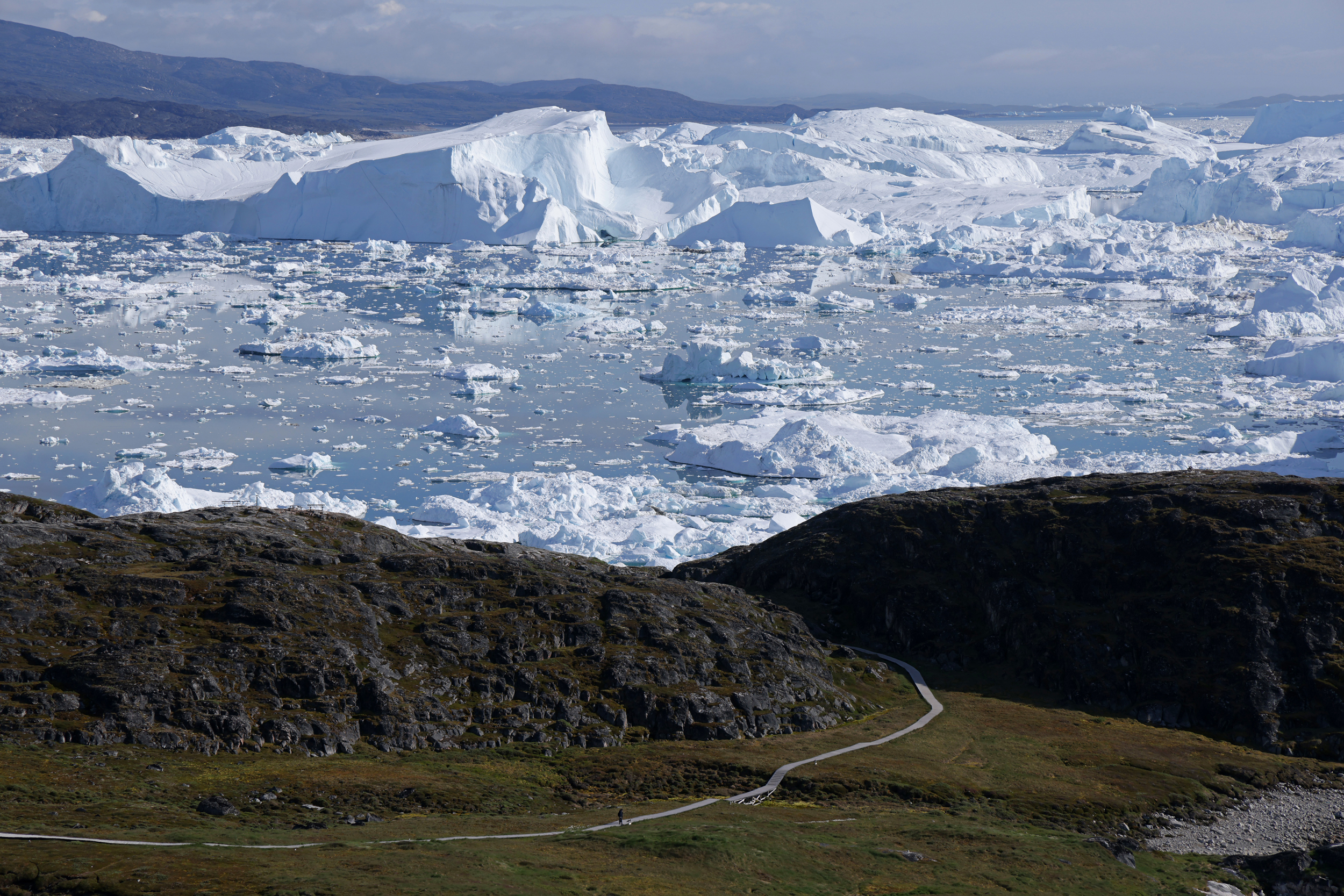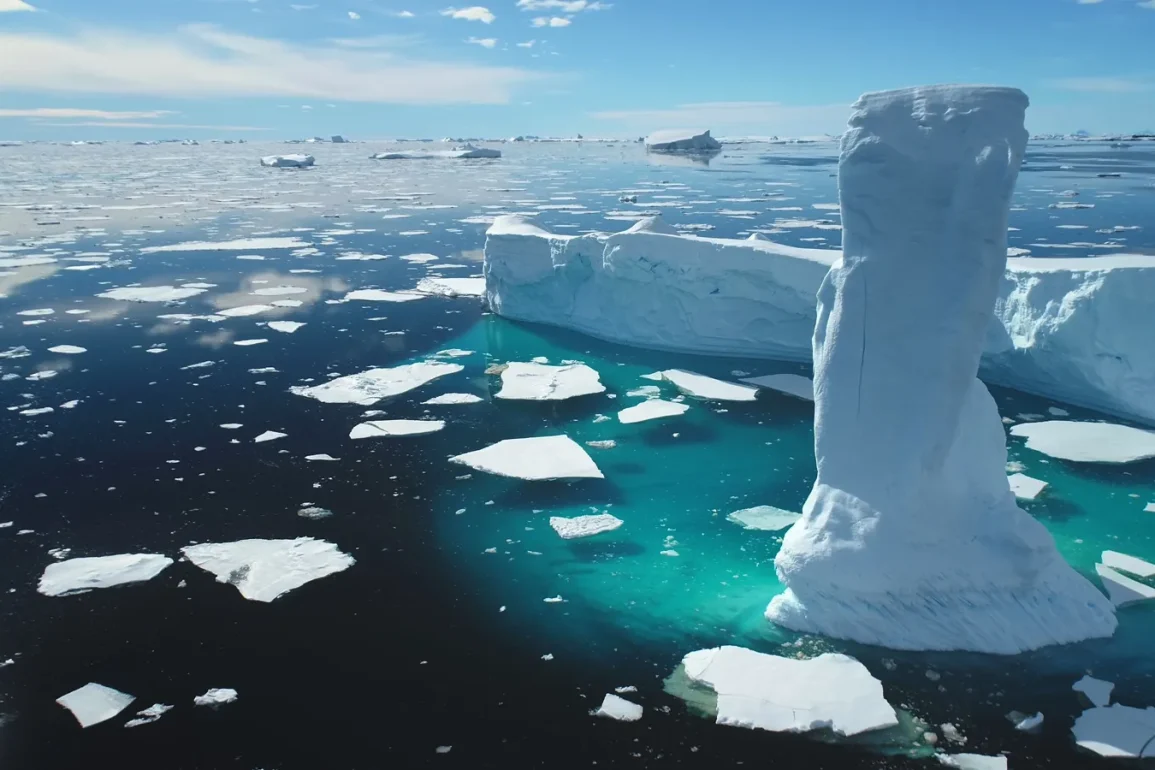The shift of Arctic tundra from a carbon sink to a carbon source highlights the irreversible nature of tipping points within human timescales. This troubling development underscores the need for global governments to confront escalating planetary instability. Teams of experts and students are actively working to design strategies that address these challenges, advocating for significant yet steady changes to support societal and ecological stability.
A bold plan, co-authored by one contributor alongside Sir David King and 17 others, proposes large-scale ecosystem and climate restoration efforts. This approach emphasizes the importance of systemic and behavioral changes, urging humanity to reimagine its relationship with nature and commit to solutions that restore ecological balance.

Ensuring the survival of humanity in the coming centuries requires abandoning destructive practices and embracing values that prioritize sustainability. Reconnecting with both people and the environment is a critical step in this transition. Though challenging, this fundamental shift is necessary to build resilience in the face of interconnected crises.
The simultaneous crises of climate change, environmental degradation, inequality, and pollution stem from unsustainable consumption patterns and attitudes of entitlement. Addressing these root causes calls for transformative changes in societal norms and priorities. Only by tackling these underlying issues can humanity create a more sustainable and equitable future.
The paper, Earth at Risk, urges global leaders to recognize the profound crossroads at which humanity stands. It calls for the creation of governance structures capable of addressing the complexities of modern challenges. The era of unchecked individualism and competition is rapidly ending, requiring cooperative and innovative solutions to secure a livable planet for future generations.

